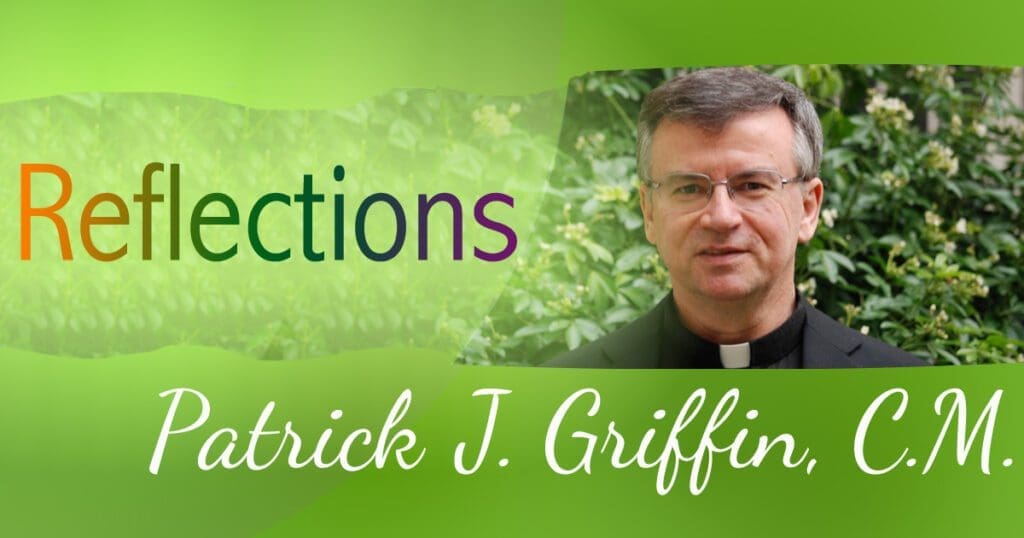As we conclude this liturgical year, we celebrate the Solemnity of Christ the King. In the Gospel of the day, we hear the crucified Christ ridiculed at the end of his life. Listen to the way in which each group mocks Jesus.
The religious leaders cry out:
“He saved others, let him save himself
if he is the chosen one, the Christ of God.”

The Soldiers jeer and mock as they attempt to give him sour wine to drink:
“If you are King of the Jews, save yourself.”
Even one of the thieves crucified with him joins in reviling him:
“Are you not the Christ?
Save yourself and us.”
Notice the common theme in these statements. Listen again:
“He saved others, let him save himself . . .
“If you are King of the Jews, save yourself. . .
Save yourself and us”
They call on Jesus to prove his kingship by saving himself. That, of course, misses the whole point of Jesus’ kingship and his whole ministry. He did not come to save himself, he came to save us!
The so-called “Good thief” teaches that lesson. After scolding the other thief, he turns to Jesus and says something remarkable.
“Jesus, remember me when you come into your kingdom.”
I have thought a lot about that line. It seems incredible to me to think that this crucified man could believe that another crucified man was a King and had access to a kingdom. No—and you can disagree with me on this—I think that he was being kind. I think that he wanted to say something positive to Jesus and accept the notion of kingship that everyone else denied and mocked. He wanted to affirm Jesus in these final moments before they both closed their eyes forever.
Little did he know, however, how much he was affirming the true kingship of Jesus. He was asking Jesus to save him—to “remember him”—as they died. With his words, he was giving a gift to Jesus, one that he could never suspect. He was allowing Jesus to express his kingship powerfully and personally in these last moments of life. He was allowing Jesus to do what he came to do: to save sinners (which is all of us) and not himself. The thief enables Jesus to say the words that this condemned man could only hope in the most extraordinary way were true:
“Amen, I say to you,
today you will be with me in Paradise.”
All of us long to hear this promise at the end of our lives. The assurance communicates the truth of accepting Jesus as King, and living out that belief. The plea that captures the core of our hope precedes that pledge:
“Jesus, remember me when you come into your kingdom.”
As we approach the celebration of the American feast of Thanksgiving, the liturgical year reminds us of the center of Jesus in our salvation. We should be grateful.
Lord Jesus, thanks for saving us!







0 Comments